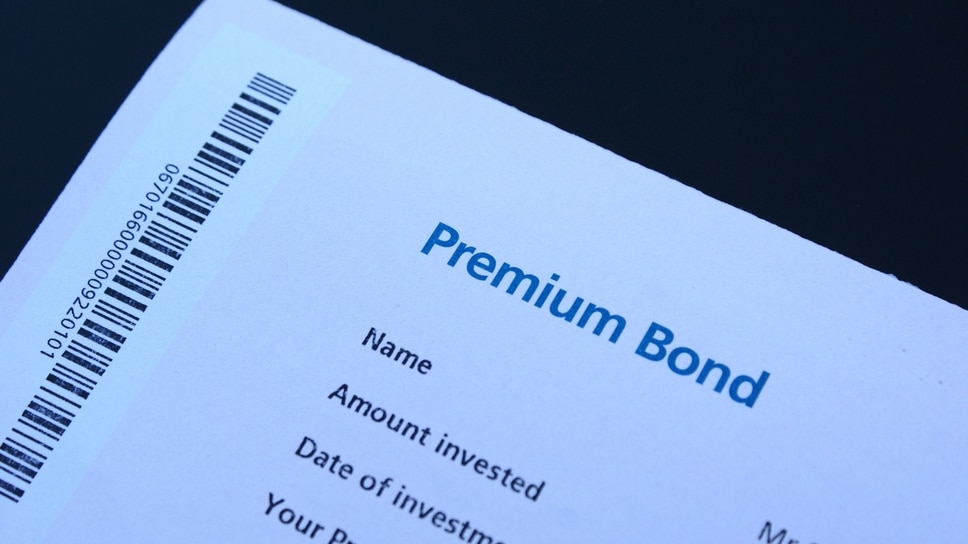The markets rallied because investors gained confidence from the infection curve flattening in Spain and Italy. Then they crashed again…
If the conflicting news are making you want to scream, you’re not the only one. Trying to find the perfect explanation from such complex events, assuming you can figure out exactly why things happened – or what will happen soon – is a fool’s game. Unless you are an economist or journalist, don’t bother trying. I don’t.
“But hold on, isn’t that your job?” It’s not. Yes, I’m a financial adviser, but these last few weeks have been very quiet for me – as they should. My job is to help clients plan for the medium and long term, and that doesn’t change when the markets are going insane (as they often do). Sure, some clients need reassurance, and with some older clients I need to make sure a temporary downturn on the markets won’t affect their retirement, but that’s about it. The less my clients feel the need to speak to me now, the better the job I was doing before this insanity started.
When you are making decisions in response to what the markets are doing, you’re being more emotional than rational. With money, that’s never a good thing. If you don’t have a financial adviser, that’s ok – just sit tight and don’t panic. If you have one who’s busy talking to you about all the ways you should be moving your money around now, put the phone down, wait this out and, as soon as you can leave your house, go find a better adviser.
This communication is for informational purposes only and is not intended to constitute, and should not be construed as, investment advice, investment recommendations or investment research. You should seek advice from a professional adviser before embarking on any financial planning activity. Whilst every effort has been made to ensure the information contained in this communication is correct, we are not responsible for any errors or omissions.

 Is it time the 21 million people with over £60 billion saved should cash in their Premium Bonds? Of course, you could just win millions! Premium Bonds are a savings product where the interest is based on a monthly prize draw and the annual prize rate is dropping from 1.35pc to 1.25pc. This is the average return, indicating that for every £100 paid in to bonds, on average £1.25 a year is be paid out.
Is it time the 21 million people with over £60 billion saved should cash in their Premium Bonds? Of course, you could just win millions! Premium Bonds are a savings product where the interest is based on a monthly prize draw and the annual prize rate is dropping from 1.35pc to 1.25pc. This is the average return, indicating that for every £100 paid in to bonds, on average £1.25 a year is be paid out. While many expats are overseas because they’ve retired, a significant number of Britons move away for work.
While many expats are overseas because they’ve retired, a significant number of Britons move away for work.